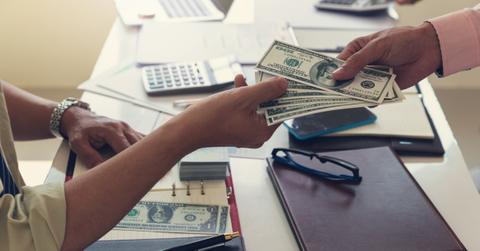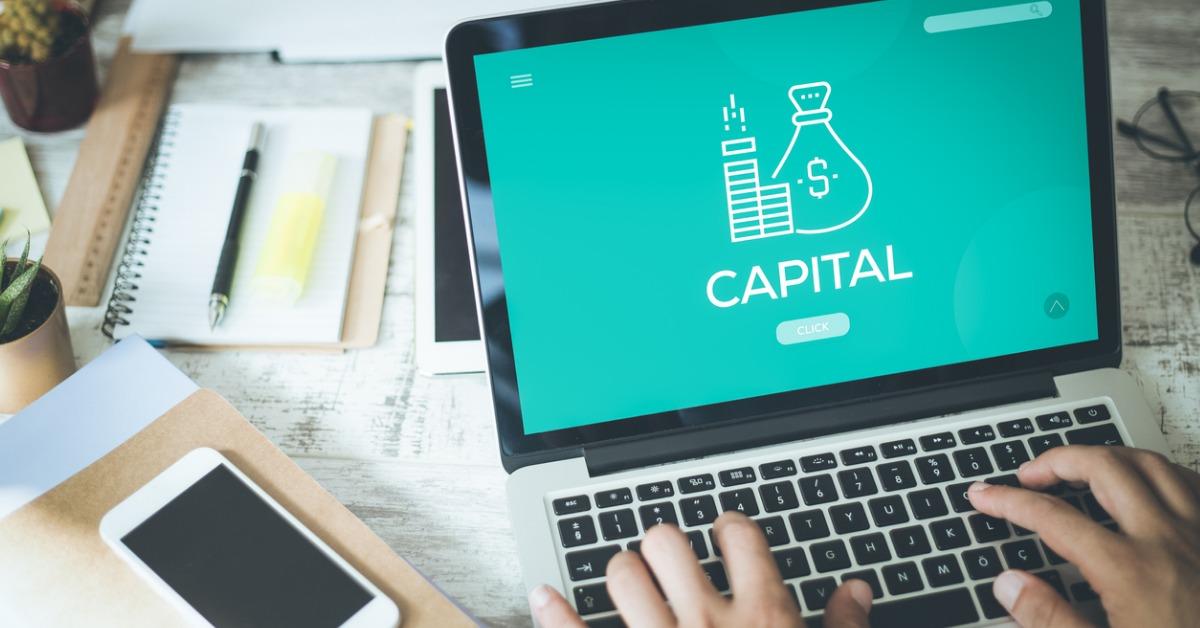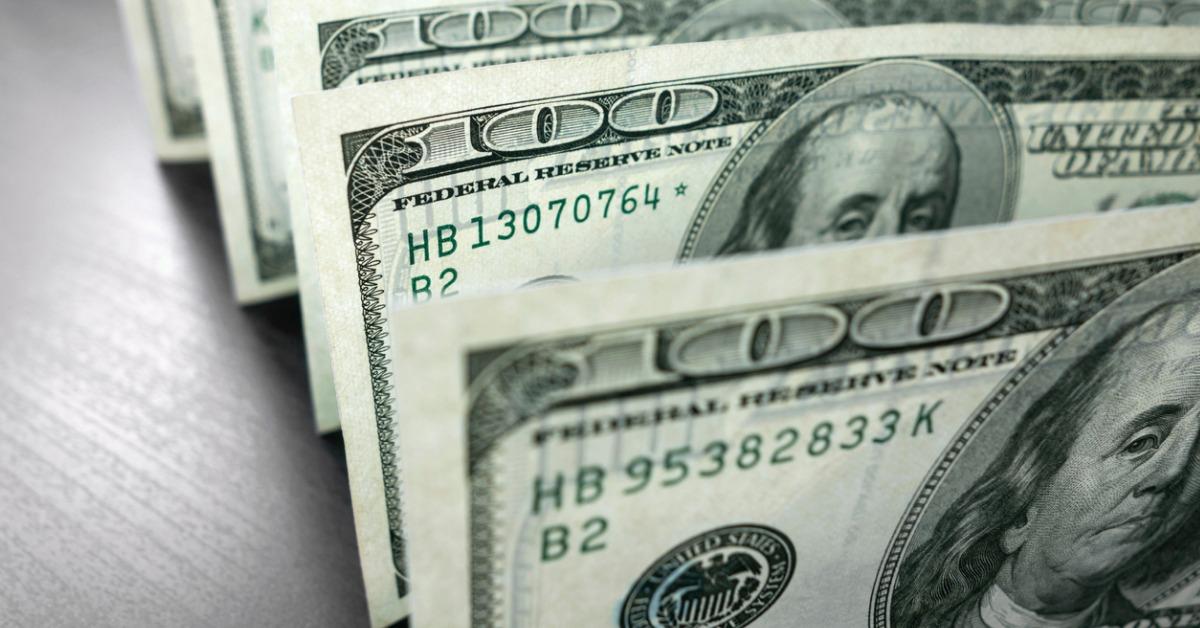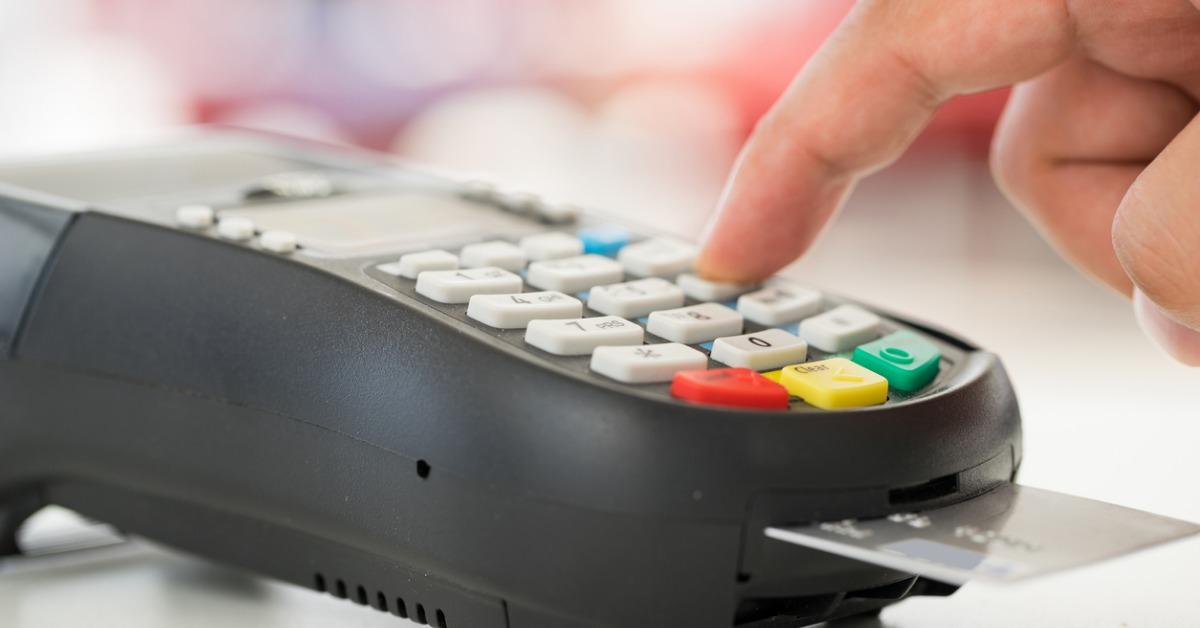What are Cash Advances and are They Bad?
Cash advances may seem like the quick and easy answer to a temporary financial crisis, but the amount you pay back may end up costing you more in the long run.
Sept. 25 2020, Updated 11:30 a.m. ET

'Cash advances are fairly simple to understand on the surface. They essentially allow you to use your credit card to get a short-term cash loan at a bank or an ATM. Don’t be misled though, cash advances are not typical cash withdrawals. The money you borrow from your credit card company will have to be paid back and with fees and additional charges tacked on.

How do I know if I even qualify for a cash advance?
If you’re already using a credit card, chances are good that you’ve built enough of a solid credit history to be able to get a cash advance if you need it. Many credit card companies offer cash advances to their customers so long as they meet the following requirements.
You will need a valid Social Security Number or Individual Taxpayer Identification number, a bank account, and a steady source of recurring income. This last one does not always mean that you need to be employed, just that you have some money coming in, either through Social Security, Disability, or even unemployment. Note that some credit card companies might require a proof of employment, however.

How do I get the money for a cash advance?
You can collect the money for a cash advance in one of two ways. The first is to visit an ATM where you enter your credit card PIN and withdraw the cash. If you don’t have a PIN, contact your credit card provider and they will tell you the steps for procuring one. You can also go into the bank and requesting a cash advance with the teller.
The second method only works if your credit card came with convenience checks, which not all of them do. These checks can be used to write a check to yourself which you can then cash or deposit into your account. Either way, you’ll have to withdraw the cash at an ATM after.

How much is a cash advance fee?
Cash advance fees vary depending on the credit card in question. Typically, this fee amounts to 3 or 5 percent of the total amount of the requested cash advance. For example, if you took out a cash advance of $250 with a fee of 5 percent, you’ll be paying $12.50 on top of the cash amount when you go to pay it back. This isn't as severe as it is with payday loans, but it certainly is not ideal.
Many cash advances also come with a separate, higher, APR than that of your interest rate for purchases or balance transfers. The Citi Double Cash Card has a 25.24 percent variable APR for cash advances, as opposed to the rate for regular purchases, which can be as low as 13 percent.

Does a cash advance hurt your credit score?
Cash advances are like any other form of borrowing and while they will not show up as anything other than a credit card transaction on your credit report, they will ultimately have an effect on your score. These advances can even wind up on your report under utilization rate, if the use of said advance pushes your credit utilization ratio above 30 percent.
Are cash advances bad?
To say that a cash advance is simply bad is not exactly fair. Many consumers find them exceptionally useful when it comes to getting out of a sticky financial spot. But this simple transaction can have expensive consequences in the long run and it’s often not worth it to procure cash through this method.
There is no grace period attached to cash advances either. This means that the minute you get that cash, the interest begins. That is a lot different than how you would usually use your credit card, most of which offer a 21-day grace period where the interest won’t affect your balance.
